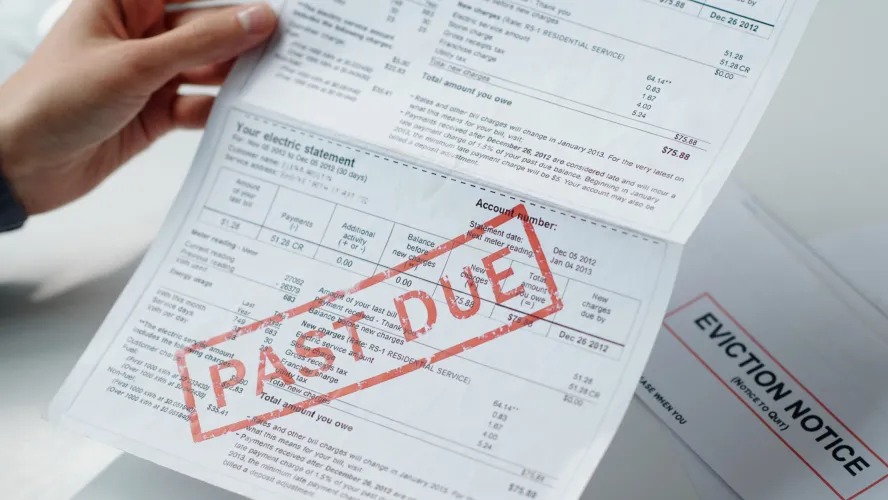Putting consumer debt reforms into practice

Background
To ensure reforms address challenges in consumer debt cases, courts must develop practices for implementation. But implementation can be challenging, particularly in the state court context, where different courts may have different business practices and case processing requirements. Courts must also remain neutral arbiters, and court staff often lack capacity to add additional efforts to their workloads.
Our debt collection reform implementation toolkit offers guidance for implementing debt collection rules or reforms that create better access for all parties and increase procedural fairness. Our supporting appearance toolkit offers practical changes courts can make to their scheduling, docketing, and hearing processes to support appearance and resolution in debt collection cases.
Additionally, the use of these implementation strategies may also result in long-term reductions of consumer debt caseload and increased process efficiency.
Defining rule & statutory reforms
Our implementation toolkit is designed to address the rule and statutory reforms listed below.
| Type of reform | Description of reform | Purpose of reform/Why implementation is critical |
| Filing requirements & documentation of debt | Requires plaintiffs in debt collection cases to provide the court with information about the debt at the time of filing, including proof of validity of the debt and proof of ownership of the debt by the plaintiff. In some jurisdictions, plaintiffs must also attach a copy of the contract or proof of debt. | If courts do not enforce filing and verification requirements, courts and parties will continue to lack essential information about the debt at issue, leading to flawed or incomplete decisions and limiting defendants' ability to participate in the case. |
| Pre-default documentation | Requires that plaintiffs provide additional information or that courts do an enhanced review when a default judgment is sought. |
Without a process to ensure review of default requests and information required, courts run the risk of making default decisions based on limited information. |
| Prohibitions on suing on time-barred debt | Prohibits plaintiffs from bringing cases when collection of debt is barred by statutes of limitations. | Without a process to eliminate filings where collection is time-barred, defendants may have erroneous judgments issued against them and court docket space will be taken up with improper cases. |
| Enhanced service requirements |
Creates enhanced requirements to prove service, such as demonstrating to the court how a defendant address was verified or requiring photo proof of personal service. | Without good service, defendants will not be able to fully participate in a case, limiting due process and decreasing trust in the court. |
Key recommendations & considerations for debt collection reform
- Make changes to court data practices or case management systems to identify and track debt collection cases.
- Create checklists to ensure debt documentation requirements are met. These may include party-directed checklists and court-directed checklists.
- Create enhanced court forms for debt collection cases.
- Build in judicial review before issuing defaults.
- Improve service requirements.
- Identify ways to resolve cases outside of court. These may include mediation and online dispute resolution, and diversion programs.
- Consider general high-volume docket reforms.
- Consider scheduling hearings at the time of case filing.
- Eliminate mandatory answer requirements, if possible.
- Use information sheets and service communications to encourage appearance and connect people to community resources.
- Use debt collection docket days to leverage community help and resources.
Next steps
Statutory and rule-based reforms in debt collection cases have the potential to help courts better manage these cases and increase parties' ability to participate and have fair and just outcomes. The implementation practices in this guide will help courts turn reforms into reality and create meaningful change for courts and litigants.
Download the Debt collection reform implementation toolkit
Strengthen your court's consumer debt reforms
Our team can help you incorporate consumer debt reforms into your existing court business practice.
Explore more
Getting started with pretrial reform
Our updated "Pretrial Reform Toolkit" explores efforts to refine pretrial practices, and a bench card that helps judges with ability-to-pay determinations.
Fines, fees & pretrial practices
NCSC's toolkit, case studies, and other resources explores efforts to refine pretrial practices and includes a bench card to help judges determine the ability of people to pay their legal financial obligations.


